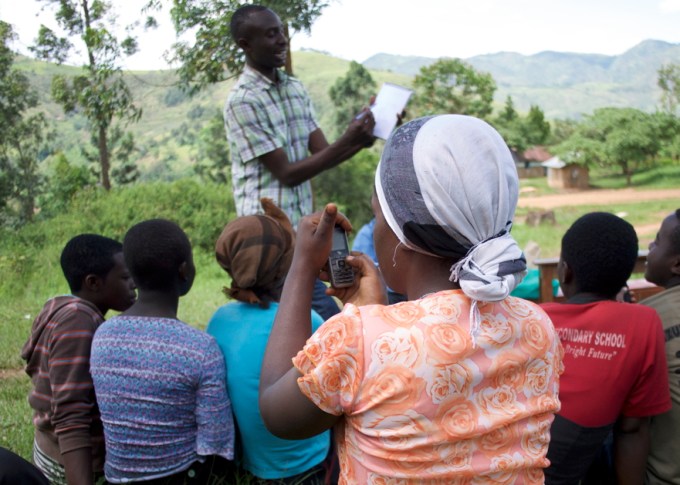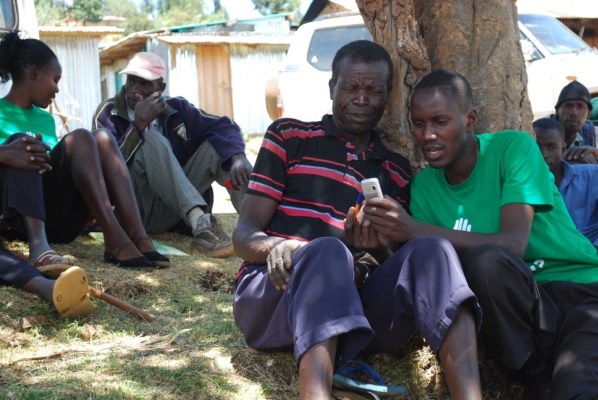Agricultural tech, or agtech for short, has gradually become a fascinating vertical for startups. It’s a huge, traditional market, just waiting for the new tools provided by the cloud. In Europe, a huge food producer, it’s of particular significance. But it’s in emerging markets that it could have the biggest impact.
Something like 500 million small-scale farmers around the world provide more than 70 percent of the world’s food. But up to 90 percent have no access to the internet and are often isolated, lacking access to even basic agricultural information. At the same time, the world needs to feed another 3 billion people by 2050, amid climate change (sorry, Donald).
That’s why small, fast-moving startups are swarming around the problem.
In the U.K., agtech startup WeFarm has now secured $1.6 million (£1.3 million) in seed funding in a round led by LocalGlobe, a U.K.-based seed VC that previously invested in Citymapper, Lovefilm, Moo, TweetDeck, TransferWise and Zoopla. In 2015, WeFarm was part of the Wayra accelerator in London.
So what is WeFarm? This is a peer-to-peer agtech network that enables small-scale farmers to access and share vital agricultural information, crucially, even if their internet access is limited.
It does this by allowing farmers to receive accurate answers to any agricultural queries via SMS, as well as the internet. The service then uses machine learning technology to connect the question to the users on the system who have the most relevant knowledge. Topics discussed on the network range from how to stop baby chicks from dying to where to find a market to sell onions. Variety!

Thus, small-scale farmers can learn how to improve crop yield or how to start a micro-business, enabling them to increase household income. Think of it as a “Quora for farmers.”
WeFarm launched in 2015 and has now reached over 100,000 farmers across Kenya, Uganda and Peru, who have shared more than 15 million pieces of information.
Competitors include iCow, mFarm and mShamba, but while most tend to use a publishing model where you “ask the experts,” WeFarm uses P2P Q&A, so could be infinitely scalable. It also boasts high engagement rates with more than one-third of users actively contributing knowledge every month.
WeFarm founder and CEO, Kenny Ewan, says, crowdsourcing information “unlocks generations’ worth of grassroots knowledge, ideas, and experience among farmers,” and is far more efficient than using mobile apps in mainly feature-phone-led regions.
As is often the case, WeFarm was originally developed as a project by the Cafedirect Producers’ Foundation (CPF), a nonprofit that works with smallholder farmers around the world, then spun out as a startup.
